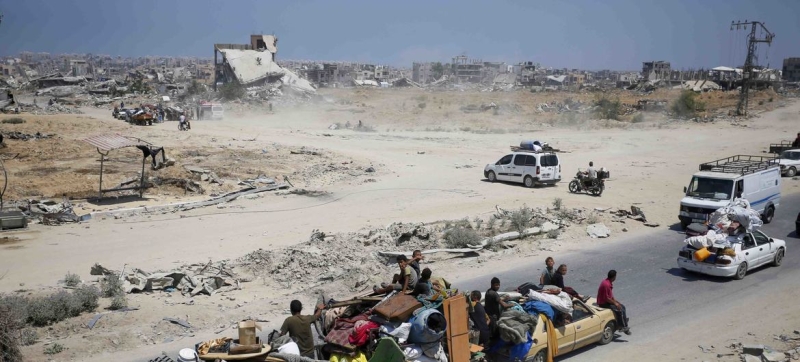
Given the appalling sanitary conditions in Gaza, a mass polio outbreak would be catastrophic. WHO to send 1 million doses of polio vaccine to Gaza Health
The World Health Organization (WHO) will send more than a million doses of polio vaccine to Gaza. The WHO Director-General announced this on Friday. The urgent need for the drugs arose due to the fact that on July 16, pathogens of this dangerous disease were found in the wastewater of the enclave.
Preventive measures
World Health Organization (WHO) Director-General Tedros Adhanom Ghebreyesus has announced that a large-scale campaign to vaccinate children against polio will begin in Gaza in the coming weeks. He noted that to date, not a single case of the disease has been registered in the enclave, but if measures are not taken immediately, then the spread of the infection will be “just a matter of time” – children without vaccination will begin to become infected.
Avoiding disaster
Humanitarian organizations are expressing deep concern about the consequences of a possible emergency situation related to the threat of polio in Gaza. Given the appalling sanitation conditions, outbreaks of hepatitis A and many other preventable diseases, and the lack of access to medical care, mass infection with this dangerous infection would be catastrophic.
Read also:
WHO detects potentially dangerous polio virus in Gaza environment
Earlier this week, Dr Ayyadil Saparbekov, head of WHO’s health emergencies team in the occupied Palestinian territory, warned that the spread of polio and other infectious diseases could lead to more people dying from preventable diseases than from war-related injuries (39,000 people have now died from fighting, according to local health authorities).
Poliovirus in wastewater
On July 16, WHO said that vaccine-derived poliovirus type 2 had been detected in wastewater collected last month in Khan Younis and Deir al-Balah, two Gaza cities devastated by nearly 10 months of intense Israeli bombing.
Epidemiology of Polio
Polio is a highly contagious disease that mainly affects children under five years of age and results in irreversible paralysis (in about 1 in 200 cases) or death (2–10 percent of those paralyzed).
The WHO explained that the polio virus can emerge in areas where limited vaccination coverage allows a weakened form of the vaccine strain of the virus to mutate into a more dangerous version of the pathogen.
